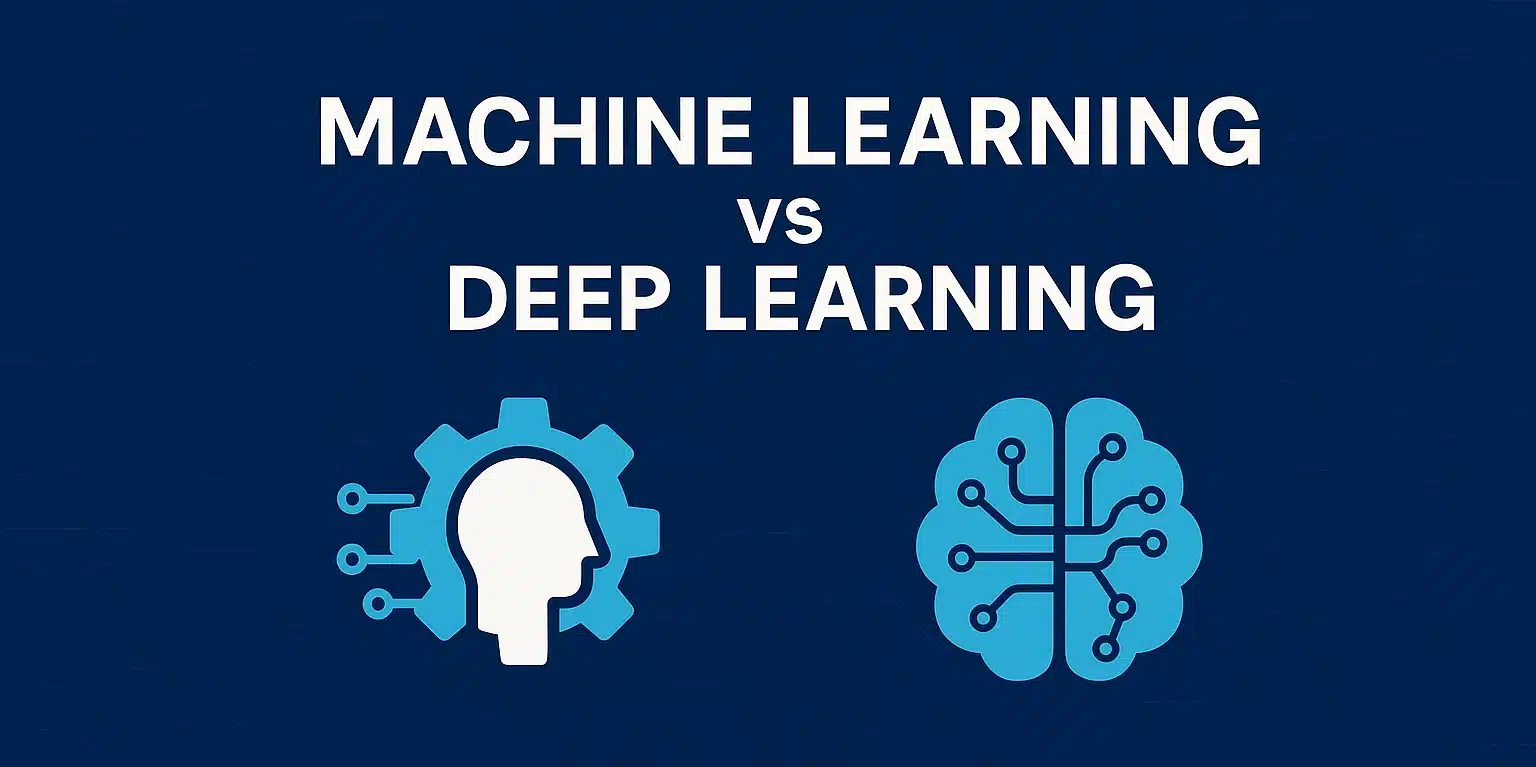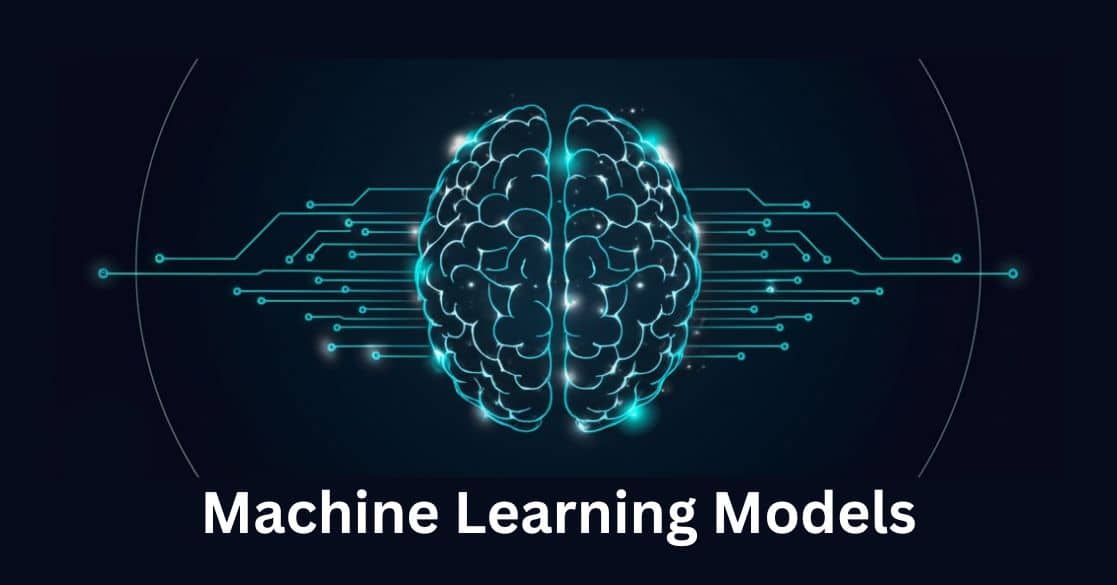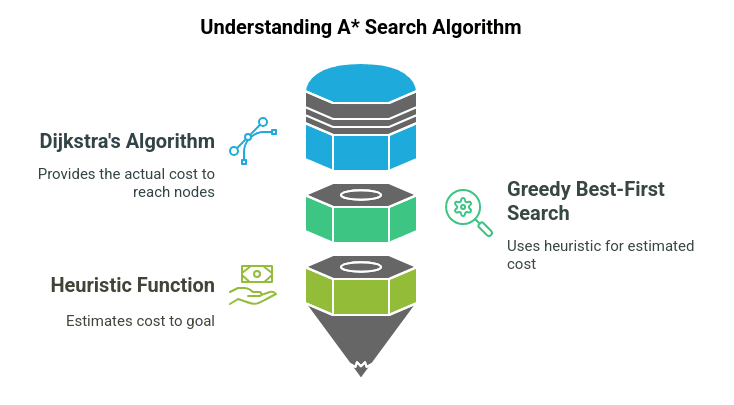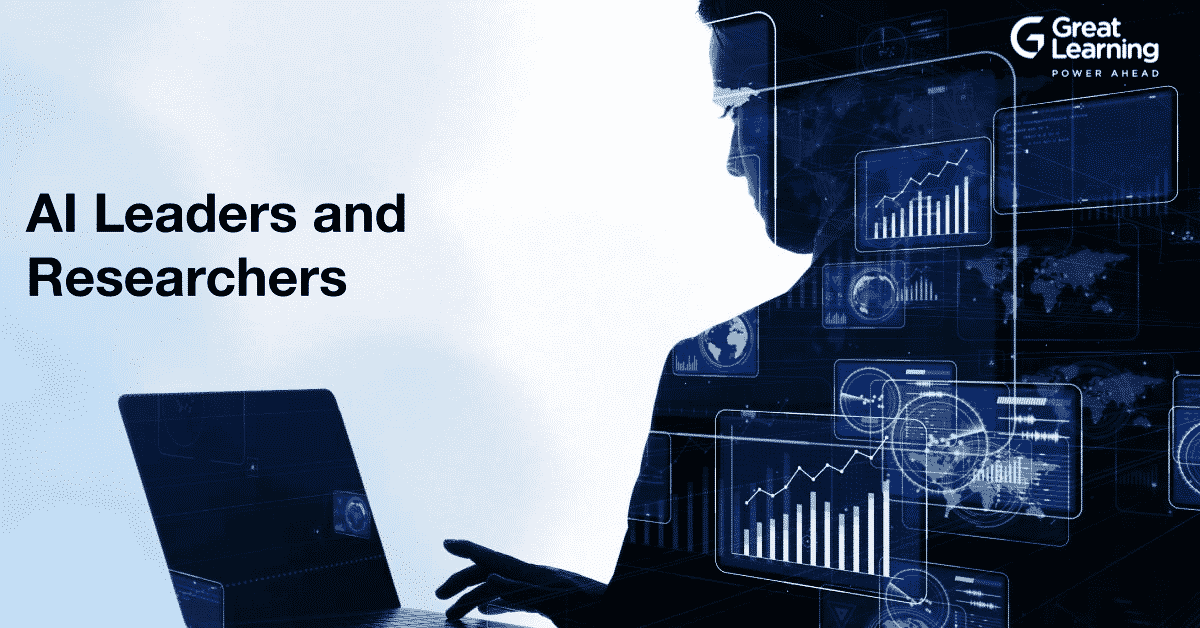- "The Hundred-Page Machine Learning Book" by Andriy Burkov:
- "Hands-On Machine Learning with Scikit-Learn, Keras, and TensorFlow" by Aurélien Géron:
- "Pattern Recognition and Machine Learning" by Christopher M. Bishop:
- "Deep Learning" by Ian Goodfellow, Yoshua Bengio, and Aaron Courville:
- "Machine Learning: A Probabilistic Perspective" by Kevin P. Murphy:
- "Python Machine Learning" by Sebastian Raschka and Vahid Mirjalili:
- "Machine Learning Yearning" by Andrew Ng:
- "The Elements of Statistical Learning" by Trevor Hastie, Robert Tibshirani, and Jerome Friedman:
- "Hands-On Machine Learning for Algorithmic Trading" by Stefan Jansen:
- "Applied Predictive Modeling" by Max Kuhn and Kjell Johnson:
- Conclusion:
- Our Machine Learning Courses
Machine learning has become a transformative field that is driving innovation and shaping various industries. Whether you’re a beginner looking to dive into the world of machine learning or an experienced practitioner seeking to deepen your knowledge, books are an invaluable resource for gaining insights and understanding the fundamentals. In this blog post, we present a curated list of the top 10 machine learning books that are highly recommended for aspiring data scientists. These books cover a wide range of topics, from the basics of machine learning to advanced techniques and real-world applications. Let’s explore these must-read books to accelerate your journey in the exciting field of machine learning.
“The Hundred-Page Machine Learning Book” by Andriy Burkov:

This concise and accessible book provides a comprehensive introduction to machine learning concepts, algorithms, and best practices. It covers key topics such as linear regression, decision trees, neural networks, and deep learning, making it an excellent starting point for beginners.
“Hands-On Machine Learning with Scikit-Learn, Keras, and TensorFlow” by Aurélien Géron:
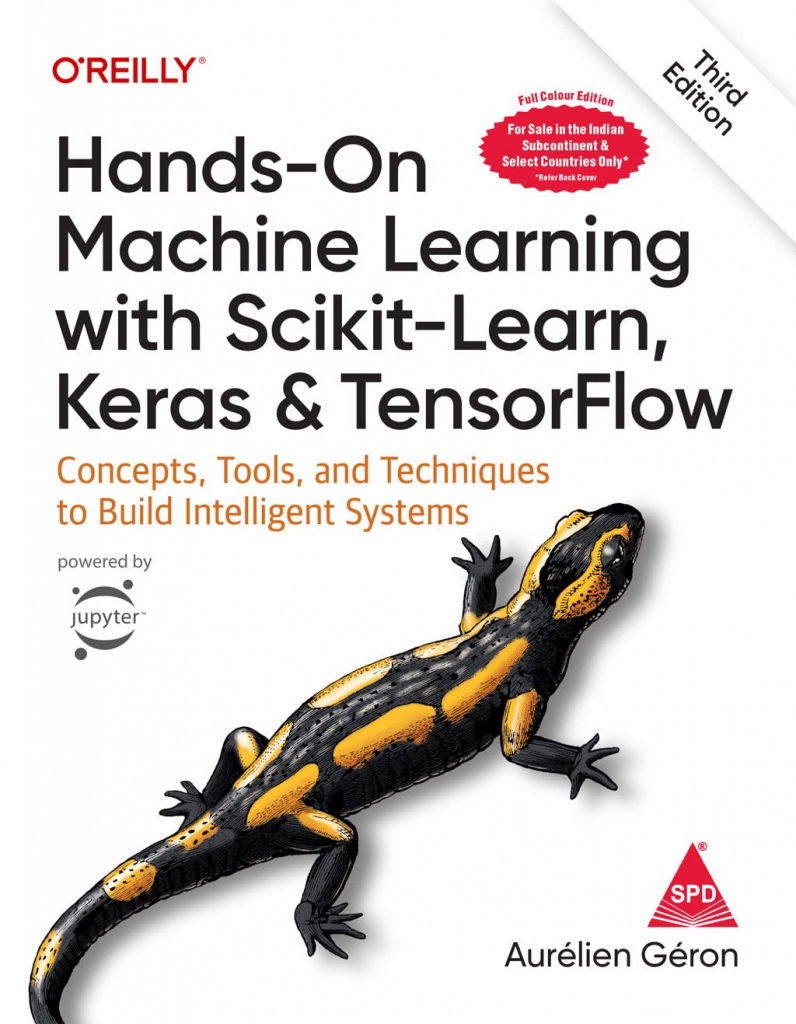
This practical guide takes a hands-on approach to learning machine learning. It provides in-depth coverage of essential techniques, frameworks, and tools such as Scikit-Learn, Keras, and TensorFlow. With real-world examples and projects, this book is ideal for those who want to apply machine learning to real-life problems.
“Pattern Recognition and Machine Learning” by Christopher M. Bishop:

Considered a classic in the field, this book explores the fundamental concepts of pattern recognition and machine learning. It covers topics such as Bayesian methods, neural networks, support vector machines, and clustering. The book strikes a balance between theory and practical applications, making it suitable for both researchers and practitioners.
“Deep Learning” by Ian Goodfellow, Yoshua Bengio, and Aaron Courville:

This comprehensive book delves into the foundations of deep learning, providing an in-depth understanding of neural networks and deep learning algorithms. It covers topics such as convolutional networks, recurrent networks, generative models, and reinforcement learning. With clear explanations and code examples, it is an essential resource for anyone interested in deep learning.
“Machine Learning: A Probabilistic Perspective” by Kevin P. Murphy:

This book offers a probabilistic perspective on machine learning, covering topics such as Bayesian networks, Gaussian processes, graphical models, and latent variable models. It provides a comprehensive and mathematically rigorous treatment of machine learning algorithms, making it suitable for readers with a strong mathematical background.
“Python Machine Learning” by Sebastian Raschka and Vahid Mirjalili:

As the title suggests, this book focuses on machine learning using Python. It covers a wide range of topics, including data preprocessing, dimensionality reduction, classification, regression, and clustering. With practical examples and code implementations, it is a great resource for Python enthusiasts.
“Machine Learning Yearning” by Andrew Ng:
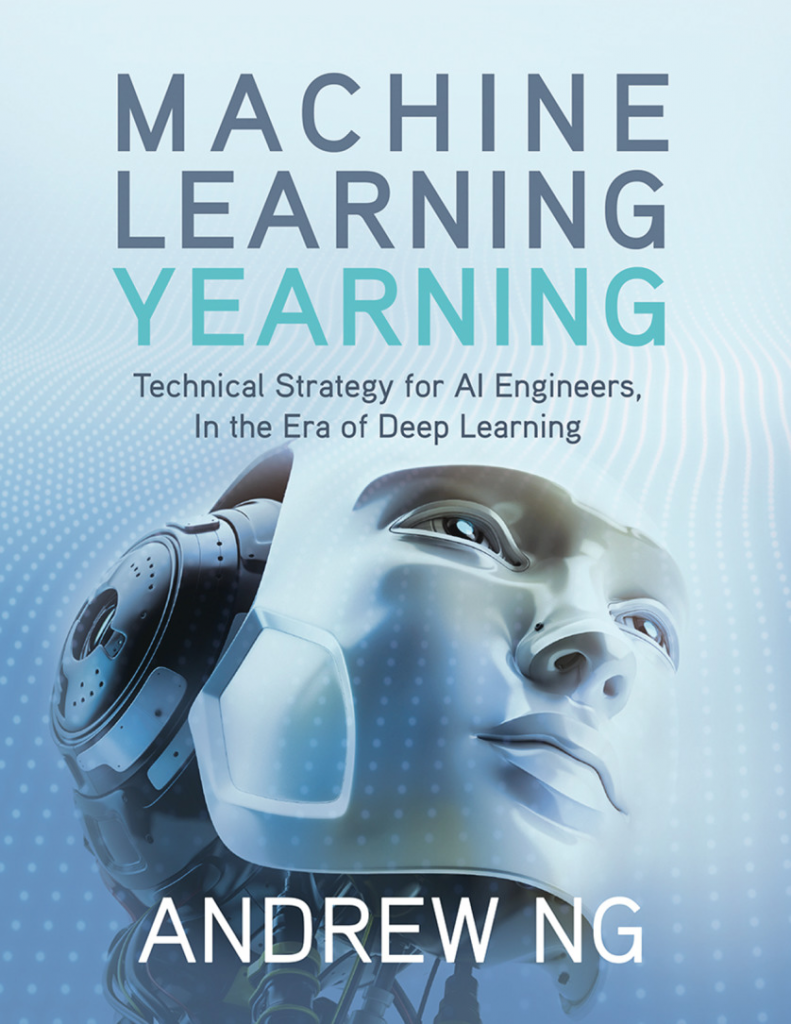
Authored by one of the foremost experts in the field, this book offers practical insights and advice on building machine learning systems. It covers topics such as project management, data collection, feature engineering, and model evaluation. It serves as a valuable guide for practitioners navigating real-world machine learning projects.
“The Elements of Statistical Learning” by Trevor Hastie, Robert Tibshirani, and Jerome Friedman:

This comprehensive book provides a detailed treatment of statistical learning methods and their applications. It covers topics such as linear models, decision trees, ensemble methods, and support vector machines. It is highly regarded for its mathematical rigor and practical examples.
“Hands-On Machine Learning for Algorithmic Trading” by Stefan Jansen:

Focused on the intersection of machine learning and finance, this book explores the application of machine learning techniques to algorithmic trading. It covers topics such as market data analysis, feature engineering, and building predictive models for trading strategies. It is a valuable resource for those interested in the financial applications of machine learning.
“Applied Predictive Modeling” by Max Kuhn and Kjell Johnson:

This book provides practical guidance on the application of predictive modeling techniques. It covers topics such as data preprocessing, feature selection, model tuning, and model evaluation. With case studies and code examples, it helps readers gain a deeper understanding of the practical aspects of predictive modeling.
Conclusion:
The field of machine learning is constantly evolving, and these top 10 machine learning books offer a solid foundation and valuable insights for aspiring data scientists. Whether you are a beginner or an experienced practitioner, these books cover a range of topics and provide a blend of theoretical knowledge and practical implementation. By immersing yourself in these resources, you can deepen your understanding of machine learning concepts, algorithms, and applications, and stay ahead in this exciting and dynamic field. Happy reading and exploring the fascinating world of machine learning!
*image source: Amazon.in
Also Read:
Our Machine Learning Courses
Explore our Machine Learning and AI courses, designed for comprehensive learning and skill development.
| Program Name | Duration |
|---|---|
| MIT No code AI and Machine Learning Course | 12 Weeks |
| MIT Data Science and Machine Learning Course | 12 Weeks |
| Data Science and Machine Learning Course | 12 Weeks |



